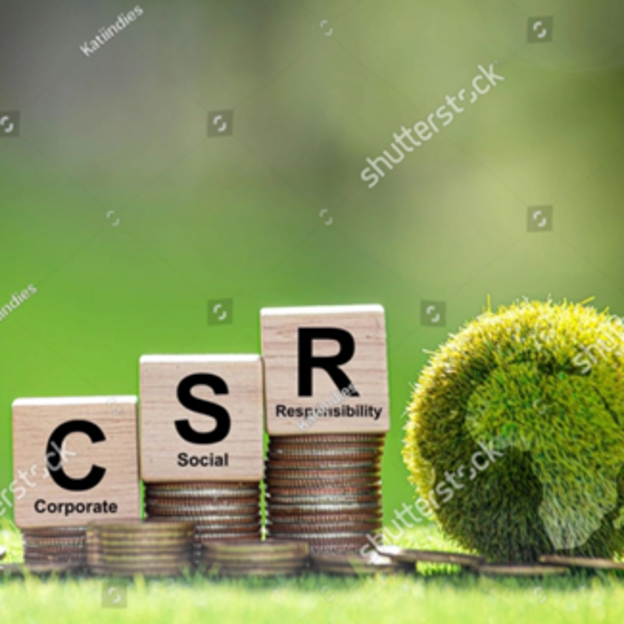ESG 社会责任报告审验


With the increasing impact of social and environmental issues on company operations, institutional investors will assess not only traditional financial performance but also environmental and social performance when evaluating a company's operations. In addition, in order to meet the concerns of various stakeholders, such as governments, NGOs, customers, employees, etc., about environmental, social and governance performance, companies disclose non-financial performance information through CSR/CS/ESG reports along with financial performance. Independent validation of reports against international standards, such as the Global Reporting Initiative (GRI) and the AA 1000 Accountability Principles (2018), demonstrates an organisation's commitment to its customers and stakeholders. It also ensures that all social and environmental information published is accurate.
According to the "Regulations of the Taiwan Stock Exchange Corporation on the Preparation and Reporting of Corporate Social Responsibility Reports by Listed Companies on the Taiwan Stock Exchange" and the "Regulations of the Taipei Stock Exchange on the Preparation and Reporting of Corporate Social Responsibility Reports by Listed Companies on the Taiwan Stock Exchange", listed companies that are required to prepare and report on their CSR "should annually refer to the Global Reporting Initiative (GRI)'s published Global Reporting Initiative (GRI) Standards and Industry Disclosures and other applicable rules, and prepare a CSR report for the previous year in accordance with the characteristics of the industry".
Corporate Social Responsibility (CSR)/Sustainability Report Validation helps demonstrate the credibility of your commitment to sustainability and differentiates you from the competition.
AA1000 International Certification Training Programme Module A.B.C